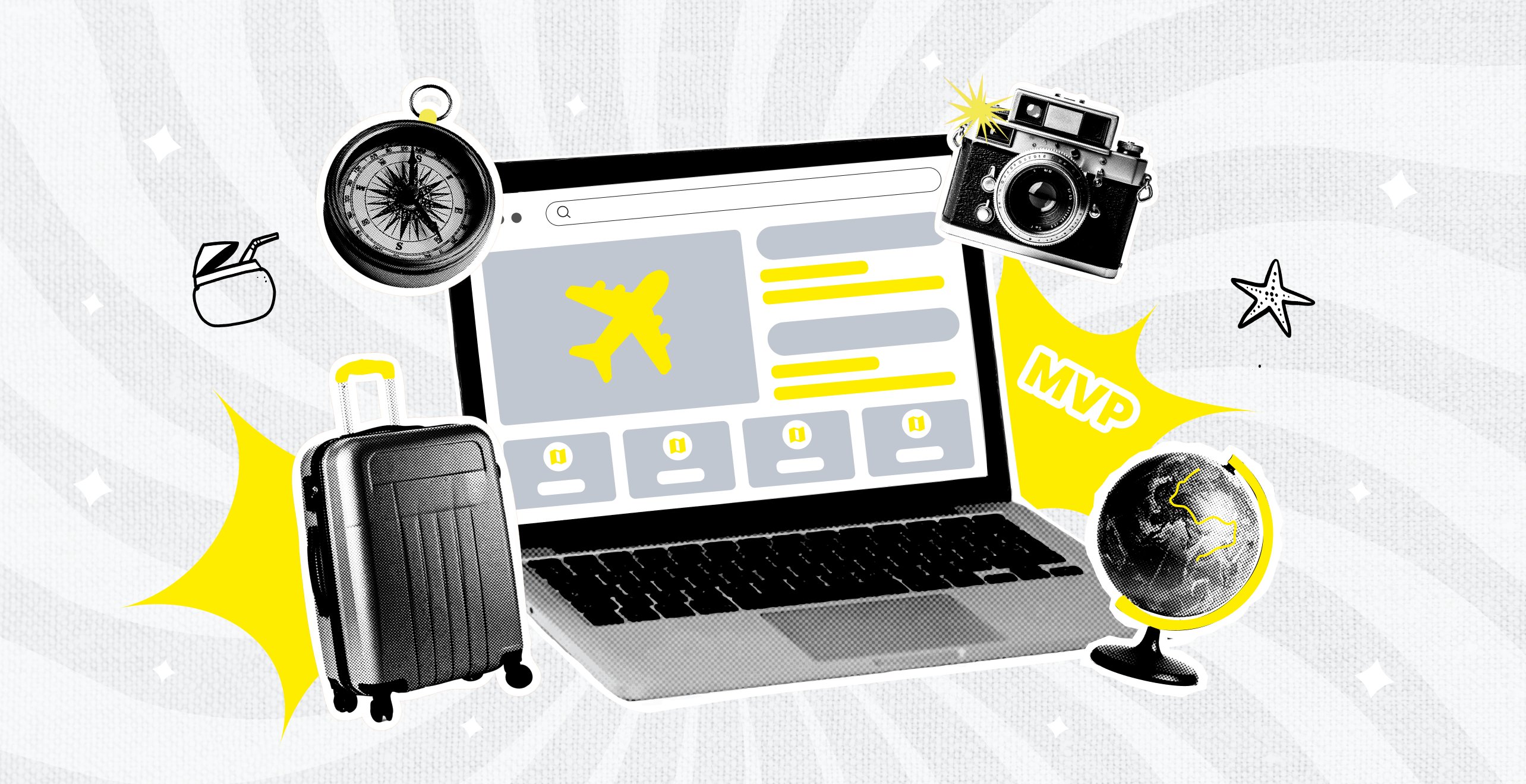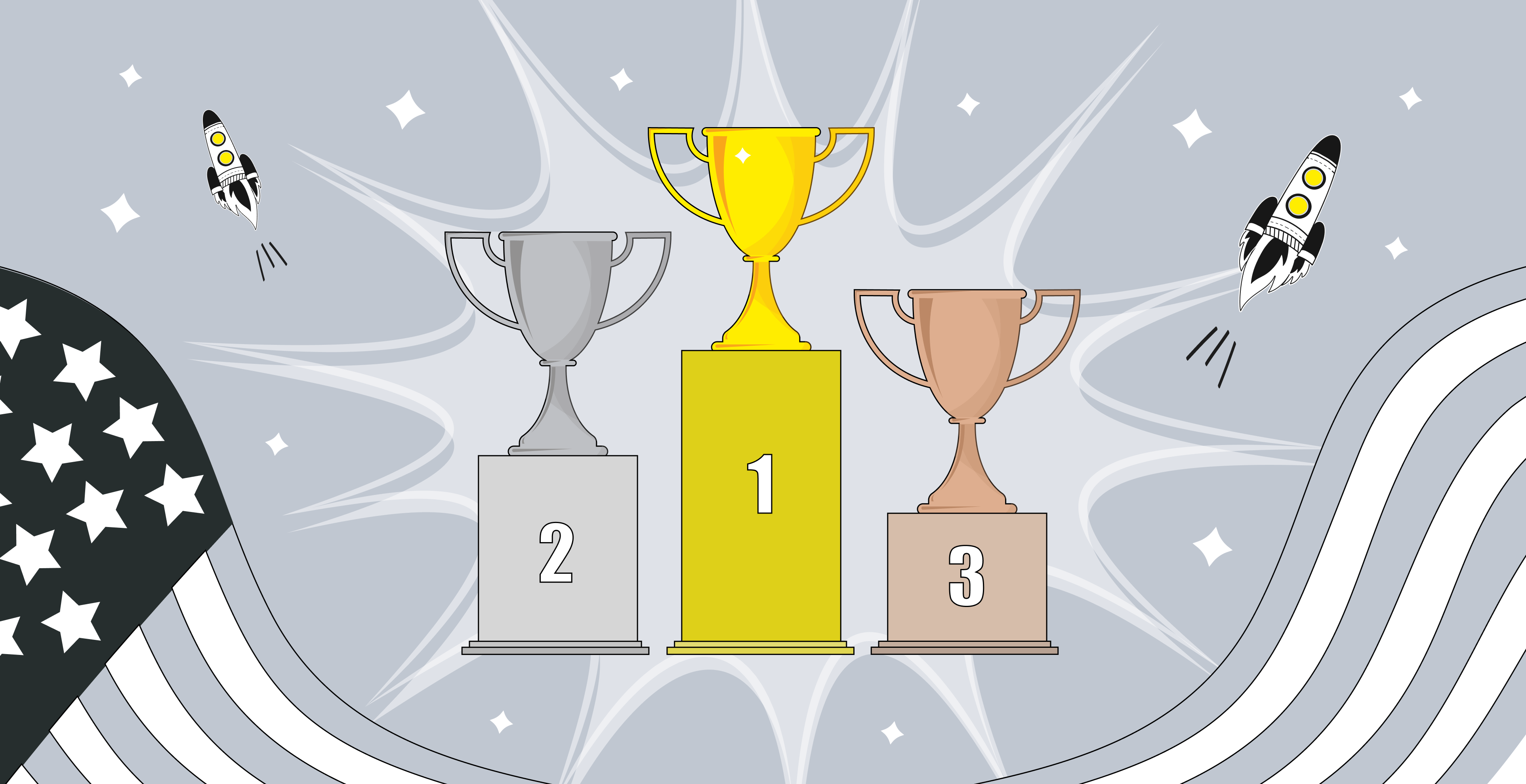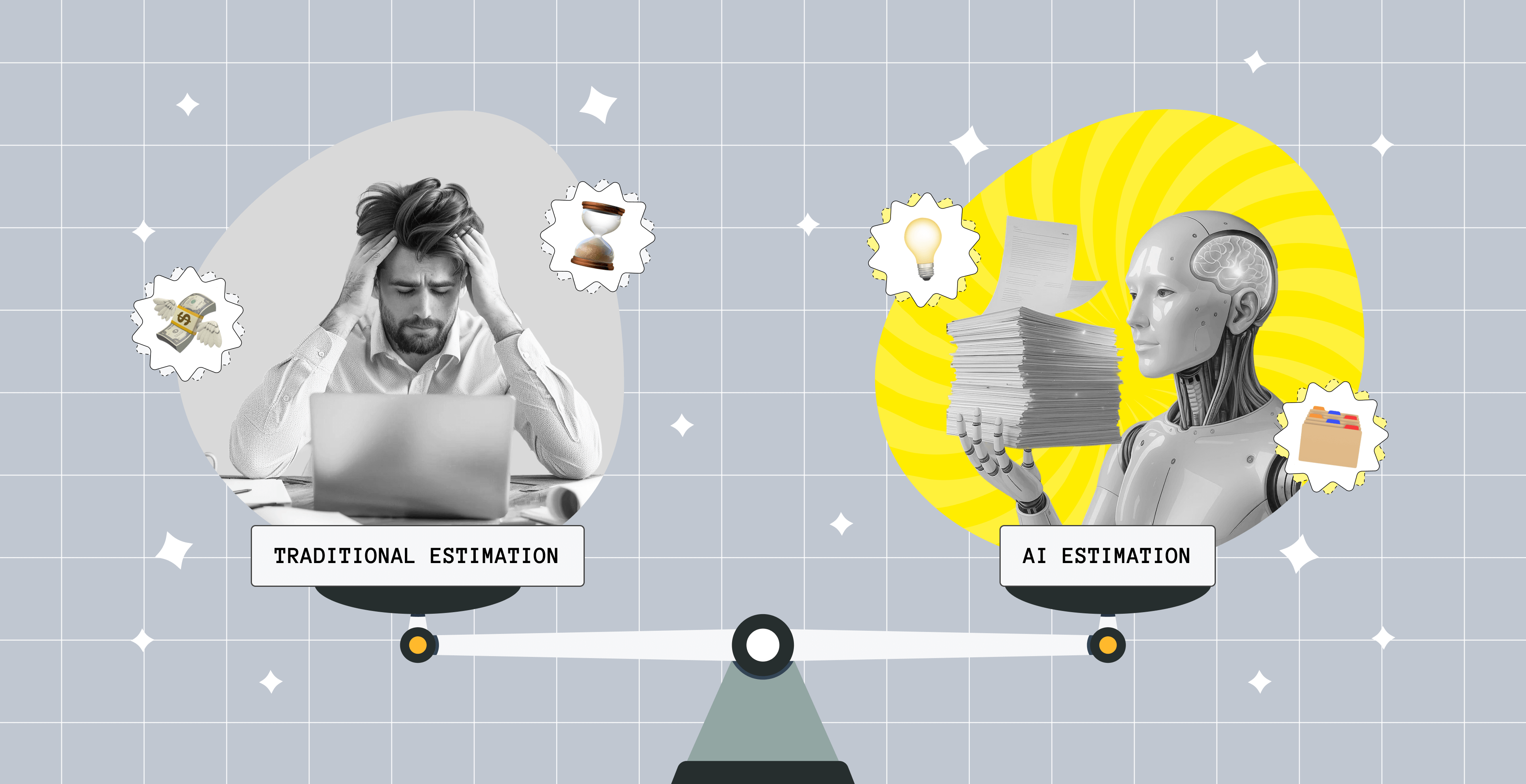Top 10 Web Development Trends in 2023

The state of website development changes to a greater or lesser extent every year, which makes it difficult for many businesses to survive in the face of digital innovation. They start looking for various options to stay competitive and tech-savvy in an ever-increasing market. Web development trends are what draw the eye of companies.
However, it may be quite challenging to identify the most effective ones for your organization when there are so many of them. Hence, to save your time and effort, we have compiled a list of the most promising trends shaping the future of web development in 2023 and beyond based on market demands in various domains.
Progressive Web Apps (PWA)
The progressive web app approach is somewhere between mobile apps and mobile websites. PWAs behave just like native mobile applications providing users with an app-like experience just in their browser.
It is not an emerging technology in the web development world, but in 2023 and beyond, it is among the latest trends in business and is surely going to be the most persistent one. Here are some of the reasons why:
- 36% higher conversion rate compared to native apps
- 50% higher user engagement rate
- 33% lesser maintenance cost
The famous companies that used the PWA latest web development technology and boosted their business are Twitter, Alibaba, AliExpress, Uber, Pinterest, Tinder, etc.
Technology to Use
There are several technologies to create a progressive web app, mainly based on JavaScript. Among the main we have:
AI Chatbots
With AI-powered chatbots, you no longer have to worry about an effective day-to-night service. The current web technology will assist you in performing faster and timely operations using voice and text chats and improving the customer experience. Chatbots can collect users' data, answer frequently asked questions, take orders, and solve other problems without delay, thereby providing users with a seamless and smooth digital experience within the website.

Chatbot development is a fast-evolving industry due to many undeniable benefits it brings to the business: better UX, simple purchasing process, personalization, 24/7 availability, etc. It dramatically cuts response and interaction times via phone and social channels and, hence, provides business cost savings of $11 billion annually by 2023, up from an estimated $6 billion in 2018, according to Juniper Research.
The chatbot market offers different variants of chatbots, including some common ones, such as ManyChat or Zendesk Answer Bot, and unusual talkbots like Madison Reed Bot and Lidl Winebot. Many of them are functioning within Facebook Messenger, Whatsapp, and Skype.
Technology to Use
If you want to build your own AI-powered chatbot, here is the list of popular technologies used for this purpose:
Accelerated Mobile Pages (AMP)
AMP was firstly launched by Google in 2015, and till summer 2021, it was considered a new technology used on the web and a must-have one. It provides mobile users with lightning-fast digital experiences, seamless user experiences, and decreasing bounce rate across mobile devices. Accelerate Mobile Pages can also assist in improving core business and product performance metrics like conversion rate.
Google's AMP remains the most popular mobile technology worldwide, used on 35% of websites that implement mobile technologies and over half of the most popular 10,000 websites. It is no wonder cause non-AMP pages load time is up to 22 seconds, while AMP ones are loaded for about 2 seconds, which is extremely advantageous for news portals, catalog sites, e-commerce websites, and others.
Single Page Applications (SPA)
Single-page applications are one of the most significant recent trends in web development. They can be defined as JavaScript-based web applications that load a single HTML page in a user's browser and dynamically update content as needed without refreshing the page.
SPAs consume less space on servers and provide information to users efficiently on a single page without the need to navigate around. It improves performance and provides a more dynamic online experience, making users' work quick and functional. Moreover, the web app development cost for such solutions is relatively low.
Gmail, Facebook, Trello, Twitter, Google Maps are examples of single-page applications that the development community has widely adopted.
Technology to Use
For building single-page applications, a robust framework is mandatory. It should be capable of dealing with the complex architecture involved in developing several web applications in order to make it interactive and rich. Some of the most popular web development frameworks for building single-page applications are:
Voice Search Optimization
Thinking about what are the latest technologies in web development, you should pay attention to voice search. The global voice recognition tech market is projected to reach close to 30 billion U.S. dollars in 2026. Also, 32% of people use voice-activated search each day instead of typing. So the trend of "Okay Google!", "Hey Siri!", and "Hi Alexa" is going to stay with us in 2023 and beyond.

Businesses should include voice search optimization into their SEO and business strategy in order to leave competitors far behind. Think about long-tail keywords along with digital PR to have a better chance of high ranking, featured snippets that are used by voice assistants to give the answer and mobile-friendliness of your website.
Technology to Use
To integrate voice search technology in your web application, use Web Speech API. The API features two components: SpeechSynthesis and SpeechRecognition. Speech synthesis is the text-to-speech element that enables scripts to read text content. Speech recognition enables the identification of the voice context and responds to queries.
Serverless Architecture
Cloud was the new fascinating kid on the block in 2020, in 2022 one of its application models - serverless architecture - took its place. The main idea of serverless architecture is simple. Cloud providers give their server resources and, hence, any need for maintaining a physical architecture is eliminated. It allows developers to run code for virtually any type of application or backend service without administration. Provision, management, or upgrade of servers are not required.
The global serverless architecture market is predicted to grow from $7.6 billion in 2020 to $21.1 billion by 2025. It means we can expect more companies to enter this market in 2023 and beyond. For now, the most popular companies that use serverless architecture are Amazon, Google, and Microsoft.
Technology to Use
Using the correct toolkit is possible to make the transition to serverless easier and ensure that your product runs well for your users. Try these tools for switching to serverless software:
Responsive Websites
Still trending in 2023, responsive websites refer to a web development approach that creates dynamic changes to the appearance of a website, depending on the screen size and orientation of the device being used to view it.

Most users prefer mobile versions of websites, so Google is planning to implement mobile-first indexing among the trends in web development. How effectively the website is adapted for mobile devices will affect the search engine results page, providing more organic traffic to the pages in the top.
Famous companies that are already taking advantage of this web development trend are Slack, Dribble, Sony, Starbucks.
Technology to Use
If you are thinking about responsive web design, we have compiled some tools that can help you with that.
Dark Mode Standardization
Lately, dark and low-light websites have gained popularity. In 2023 this trend will continue and we will see more websites and mobile apps offering dark mode user interfaces. It allows users to read the content written in light characters on a dark background. It brings the following benefits:
- Low-light conditions
- Less "blue light"
- Less energy consuming
- Minimization of eye strain and dryness

Already many apps and websites have deployed dark mode. These are Slack, Twitter, Facebook Messenger, Youtube, etc. And since at least 8 out of 10 users prefer to use dark mode whenever it is possible, more and more companies are planning to implement this feature into their product soon.
No-Code/Low-Code Development
The intention of no-code/low-code development tools made the process of software development easier and let developers create websites and apps without continual coding practice and existential technical background.
Low-code platforms are represented as software that allows customers to create solutions. They provide users with design templates and pre-build code blocks for apps and flows that can be modified by programmers. This reduces development time and provides greater scalability.
No-code platforms are also a new wave in web development and design, allowing users with or without any technical foundation to create software with pre-build interfaces and configuration examples. No-code platforms are ideal for building solutions according to your specific business needs.
Technology to Use
Here is the list of the most common software constructors to build an effective low-code/no-code solution:
API-First Development
API-First development refers to the approach where web solutions are connected with other applications. API development is often overlooked when a company's goal is to create a web/mobile application. In API first development, APIs are no longer an afterthought, they're a differentiator.

In code-first development, you focus on building the service and its resources. Programmers are making the decisions and creating the API. With code-first development, you take a risk of not delivering what the consumer needs.
With API-first approach, developers shift their focus on consumers' needs via a feedback look, then building out the service. This helps you to make sure you are building the right API.
Technology to Use
Here is some of the most popular web technologies when it comes to API-first programming:
Need a hand with development?
Upsilon's talent pool is made up of experienced developers, and we can help build or enhance your product.

Summarizing the Web Development Trends
Let's draw a line and list all the latest web development trends mentioned above. They are:
1. Progressive Web Apps
2. AI Chatbots
3. Accelerated Mobile Pages
4. Single Page Applications
5. Voice Search Optimization
6. Serverless Architecture
7. Responsive Websites
8. Dark Mode Standardization
9. API-First Approach
10. No-Code/Low-Code Development
If you are an early stage startup planning to launch an MVP or an already existing business on the growth stage that wants to scale a web product in 2023, be sure to review the list of emerging technologies. In it, you can find the most suitable ones for your specific needs before contacting an MVP development company or opting for custom software development services.
Top 10 Web Development Trends: Bottom Line
Web development is constantly changing to meet the demands of online consumers providing them with better user experience. Some of these trends are more focused on mobile optimization, others in the future might refer to smart wearables or devices we haven't seen yet and their integration between each other. Keeping your finger on the pulse of emerging technologies and digital innovation can help you to stay competitive on the market and consistently attract and engage your website visitors. So, if you need a hand with the tech side, don't hesitate to browse our pricing options for dedicated teams and staff augmentation and contact us to discuss your needs!
to top













